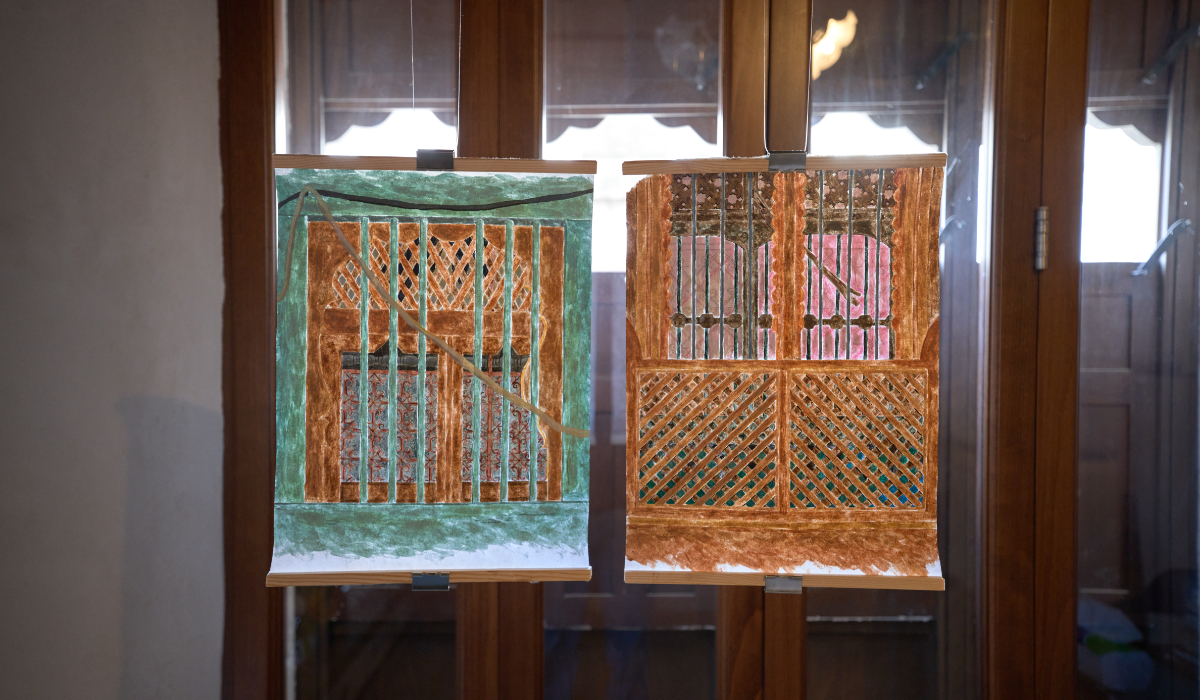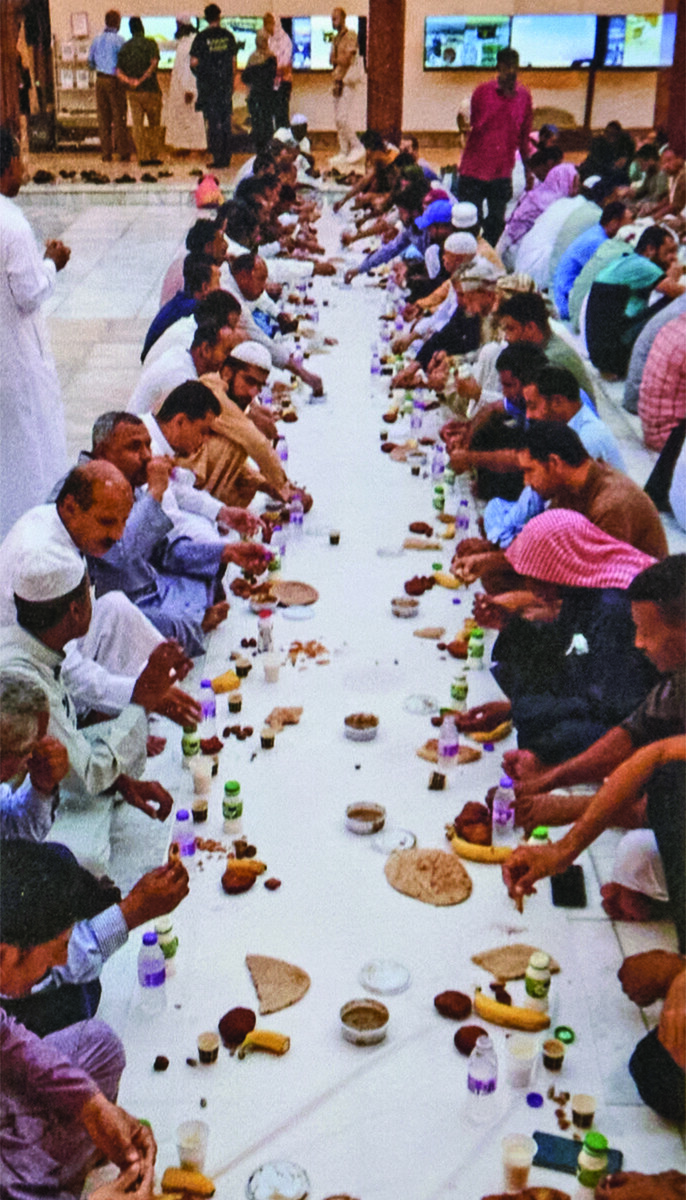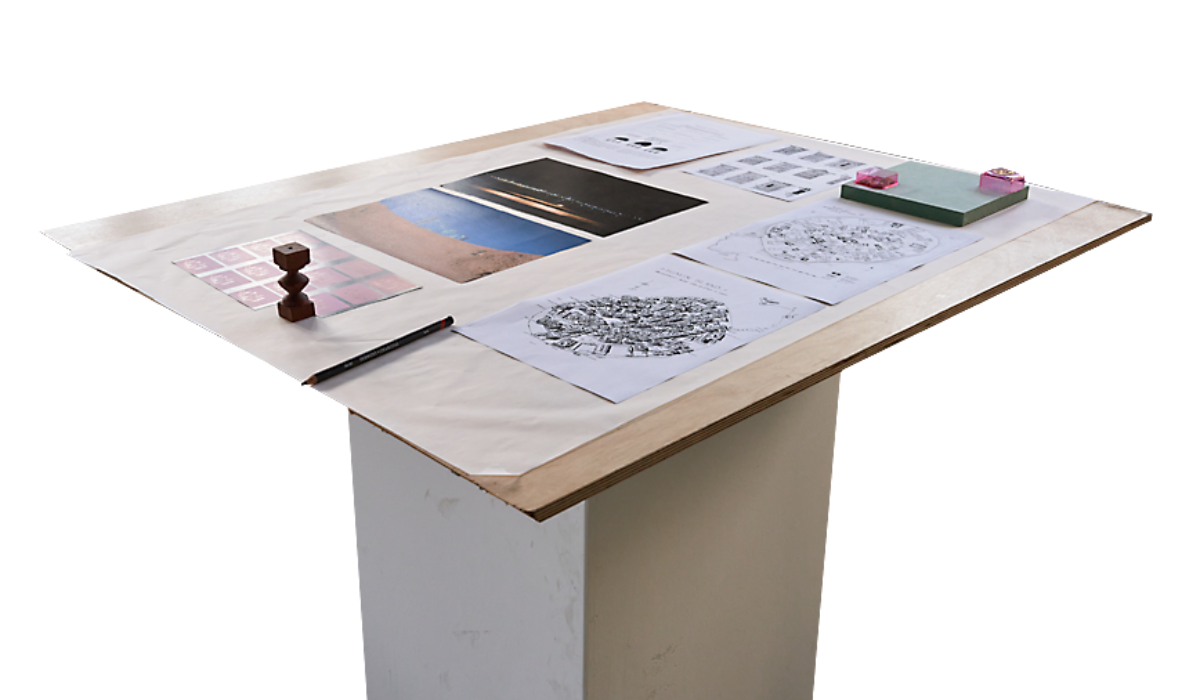JEDDAH: Saudi Arabia on Saturday mourned the loss of poet and national literary icon Prince Badr bin Abdul Mohsen, who died at the age of 75 in Paris after an illness.
The prince, affectionately known as the “word engineer,” was a legendary figure in contemporary Saudi poetry whose influence in the art form was felt across the country and the wider Gulf region, where his eloquent verses and poignant prose left an indelible mark on the people’s hearts and minds.
A pioneer in the popularization of Saudi poetry among Arab audiences, Prince Badr’s verses were immortalized in songs by many esteemed Arab artists, including Talal Maddah, Mohammed Abdu, Kadim Al-Sahir and Assala. His patriotic words and songs struck a deep chord with Saudis in particular, creating a strong bond between him and the people of his nation.
Saudi and Arab officials and celebrities expressed their sadness upon learning of the prince’s death on Saturday, and acknowledged his significant contributions to literature and culture.
Turki Al-Sheikh, chairperson of Saudi Arabia’s General Entertainment Authority, expressed his condolences to the royal family and the people of the Kingdom, describing the profound sense of loss as being similar to losing a father figure.
“May the soul of Prince Badr bin Abdul Mohsen rest in peace, and may he be granted the highest paradise,” he said. “My heartfelt condolences go out to his esteemed family, his children, and the people of Saudi Arabia.
“While this is indeed a sorrowful moment, feeling the loss akin to losing a father, I can only express gratitude to Allah in every circumstance.”
In a message posted on social media platform X, Saudi Minister of Commerce Majed Al-Qasabi wrote: “Today, our nation mourns the loss of a literary, poetic and cultural icon. May Allah bestow His mercy upon my dear brother, the ‘Word Engineer,’ Prince Badr bin Abdul Mohsen, and grant him the highest place in paradise. He will always hold a special place in my heart.
“I extend my heartfelt condolences to the royal family, his children, and all who loved him. May the Almighty grant them patience and comfort during this difficult time. Indeed, we belong to Allah, and to Him we shall return.”
Ameerah Al-Taweel, a prominent Saudi philanthropist, paid tribute to Prince Badr and his legacy, highlighting in particular his role as a beacon of wisdom and generosity, his invaluable contributions to Saudi culture, and his enduring influence on future generations.
“Today, we bid farewell to our prince and trailblazer of words, Prince Badr bin Abdul Mohsen,” she said. “May patience and solace comfort his children, family and all who cherished him. In this transient life, we leave behind our deeds and the essence of our character.
“Prince Badr not only enriched our culture but also imparted invaluable lessons in nobility, humility and generosity to future generations. Although many of us never met him, we held him dear as a father and brother.
“His departure evokes the sorrow of losing a close relative, for his noble character leaves an indelible mark. The grief is profound, especially for those who were privileged to know him personally.”
Renowned Emirati singer Ahlam expressed her sense of sorrow, and said she prayed for peace for the prince’s soul and strength for his loved ones during this difficult time.
Prince Badr was born on April 2, 1949, and his journey as a poet and cultural figure began at a young age. He studied in Saudi Arabia, Egypt, the UK and the US as he took his early steps on the path to becoming a significant figure in Arab literature.
As president of the Saudi Society for Culture and Arts, he played a crucial role in fostering artistic expression and influencing the development of poetry organizations in the Kingdom. In recognition of his outstanding contributions in the field, King Salman honored Prince Badr with the prestigious King Abdulaziz Medal in 2019.
Soon after, the Kingdom’s Literature, Publishing and Translation Commission announced plans to collect and publish his complete literary works to commemorate his enduring legacy and celebrate the profound impact he had on the Saudi creative movement during a five-decade career.
































